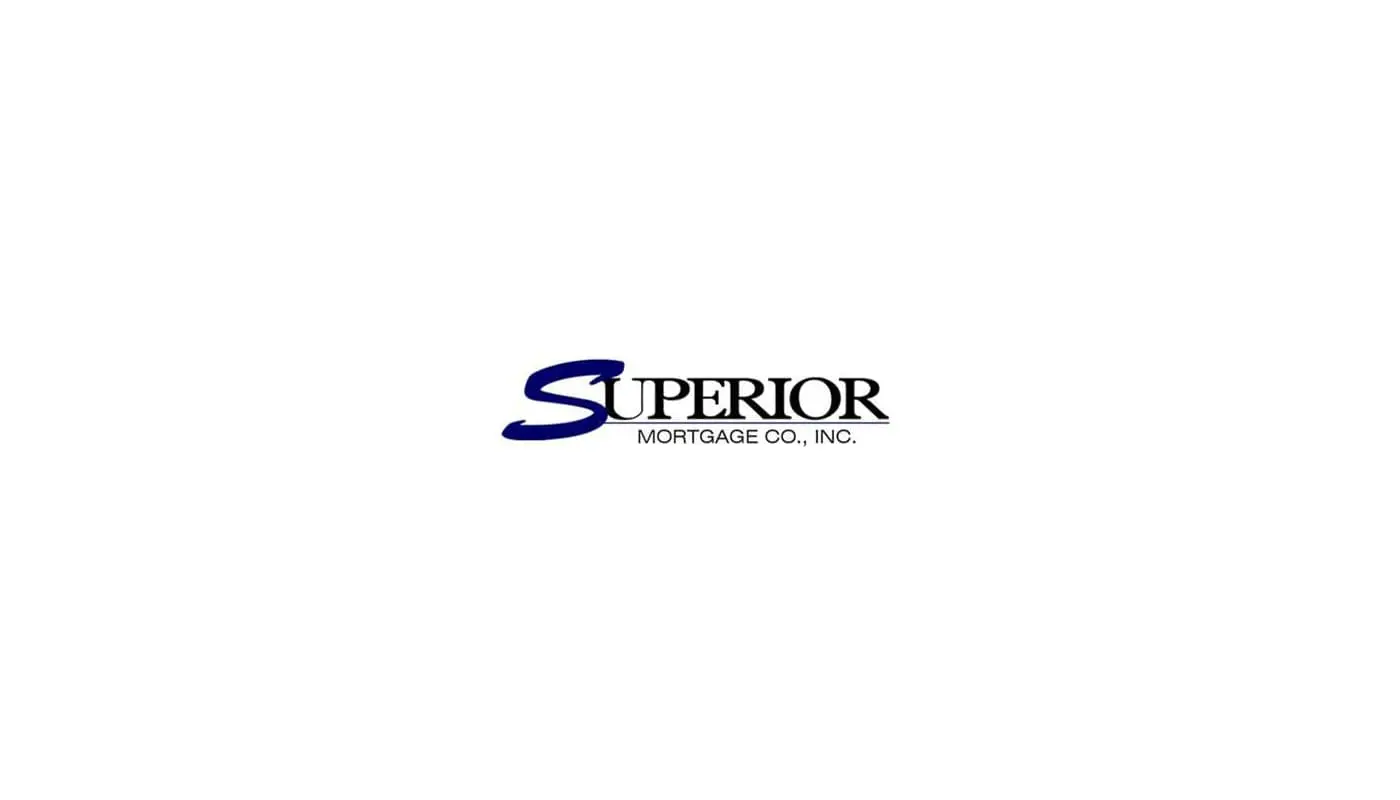
Reverse Mortgages
April 19, 2023
If you are 62 years of age or older and need money to pay off your mortgage, supplement your income or pay for your healthcare expenses, you may be interested in a reverse mortgage. This type of mortgage allows you to convert part of the equity in your home into cash without having to sell your home or pay any additional monthly bills. However, a reverse mortgage may use up the equity in your home which will mean less money and assets for your heirs. As with all loan programs, the more you know, the better decision you will make.
When you have a regular mortgage, you pay the lender every month to buy your home over time. In a reverse mortgage, you get a loan where the lender pays you. Reverse mortgages take part of the equity in your home and convert it into payments to you. The money you get is usually tax-free and does not affect your Social Security or Medicare benefits. Generally, you don’t have to pay back the money for as long as you live in your home. When you die, sell your home or move out, you, your spouse or your estate would pay back the loan. This could mean selling the home to repay the loan. There are three basic types of reverse mortgages but regardless of what kind you are interested in, you are borrowing against the equity in your home.
There are many factors to consider when deciding on a reverse mortgage. These include:
- Other fees and costs: Lender usually charge an origination fee, other closing costs and servicing fees over the life of the mortgage. There may also be mortgage insurance premiums for federally insured loans.
- You will owe more over time: As you get money through the reverse mortgage, interest is added onto the balance you owe each month.
- Interest rates change over time: Most reverse mortgages have variable rates which change with the market. Some reverse mortgages offer fixed rates but may require you to take your loan as a lump sum at closing.
- Interest is not tax deductible each year and is not tax deductible on income tax returns until the loan is paid off partially or in full.
- There are other costs related to your home: Because you keep the newstitle to your home, you continue to be responsible for property taxes, insurance, utilities, fuel, maintenance and other expenses. Your lender could require you to set aside a specific amount of money to pay your taxes and insurance during the loan. This amount reduces the funds you get in your payments.
- When you are married and in certain situations, your spouse may continue to live in the home even after you die if he or she continues to pay taxes and insurance and maintains the property.
- If you want to leave your assets to your heirs, a reserve mortgage may not be for you since this type of mortgage can use up the equity in your home.
At Superior Mortgage Co., Inc., we specialize in residential and commercial loans and provide the best products and services available. If you are purchasing, refinancing or in need of a home equity loan or reverse mortgage, and regardless of any credit problems, we can help you. Contact the company that can answer all your questions. Call us at 845-883-8200.
Recent News

Superior Mortgage is still running at full capacity!
April 25, 2023

Most Important Steps To Buying A House
April 20, 2023

What to Know About Jumbo Loans
April 20, 2023

Understanding Your FHA Options
April 20, 2023

How to Prepay Your Mortgage?
April 20, 2023

Things Needed For Pre-Approval
April 20, 2023

